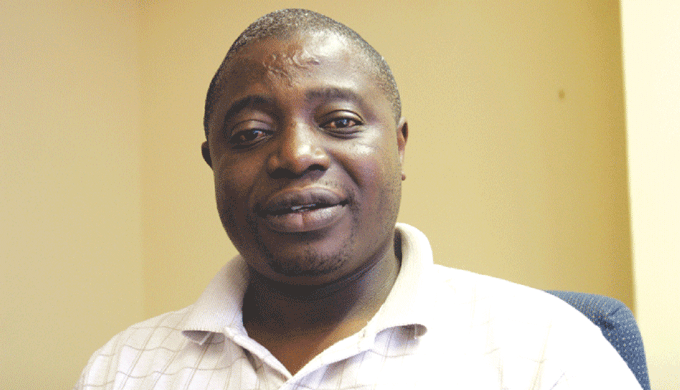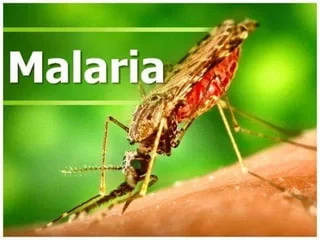
BY PRAISEMORE SITHOLE
THE Voluntary Media Council of Zimbabwe (VMCZ) in partnership with Internews has launched a fund for investigative journalism to probe areas covering public funds mismanagement and corruption in the country.
The launch follows reports of serious corruption and abuse of public funds by authorities.
VMCZ executive director Loughty Dube said the initiative was meant to capacitate journalists to produce ground breaking stories.
“We know that the media argue that they cannot do thorough stories because of resources but we have resources. In this project we will make sure to get the best investigative journalists,” Dube said at the launch attended by editors and senior journalists in Bulawayo..
“Investigative journalism is very expensive and we will support the issues of transport and all other costs. We are encouraging this because in the national interest there are some issues that need to come out.”
Dube said issues involving graft must be put to the public domain, and the culprits locked up.
“The questions we got when we were developing this concept, was so what? Zimbabwe is corrupt anyhow, even if you write these stories so what? We are simply saying these issues must be in the public domain. In future they might be used against those responsible,” said Dube.
- Chamisa under fire over US$120K donation
- Mavhunga puts DeMbare into Chibuku quarterfinals
- Pension funds bet on Cabora Bassa oilfields
- Councils defy govt fire tender directive
Keep Reading
“We are saying even those who are supposed to take action on corruption, we have put it before them. If they do not do their job, it is up to them, but the public will have an idea of what is happening.”
Dube said plans were afoot to also create a Zimbabwe investigative journalism network.
“On this network these journalists will share ideas and they will be assisted by senior investigative journalists,” he said.
VMCZ board member Tapfuma Machakaire said investigative journalism was an important form of journalism.
“When we talk about investigative journalism, we are talking about a sector of the industry which is critical, but often not well catered for and not being addressed to the extent that the audience would want it to be addressed,” he said.
“I want to encourage editors to embrace this kind of project. The editors should come on board and accept that the product is their product. These stories should change perceptions, policies and so that the people can understand how certain things are being done.”
The project will see journalists being given resources at the tune of US$600 each towards production of their investigative stories, and other needs after their story ideas are approved.










